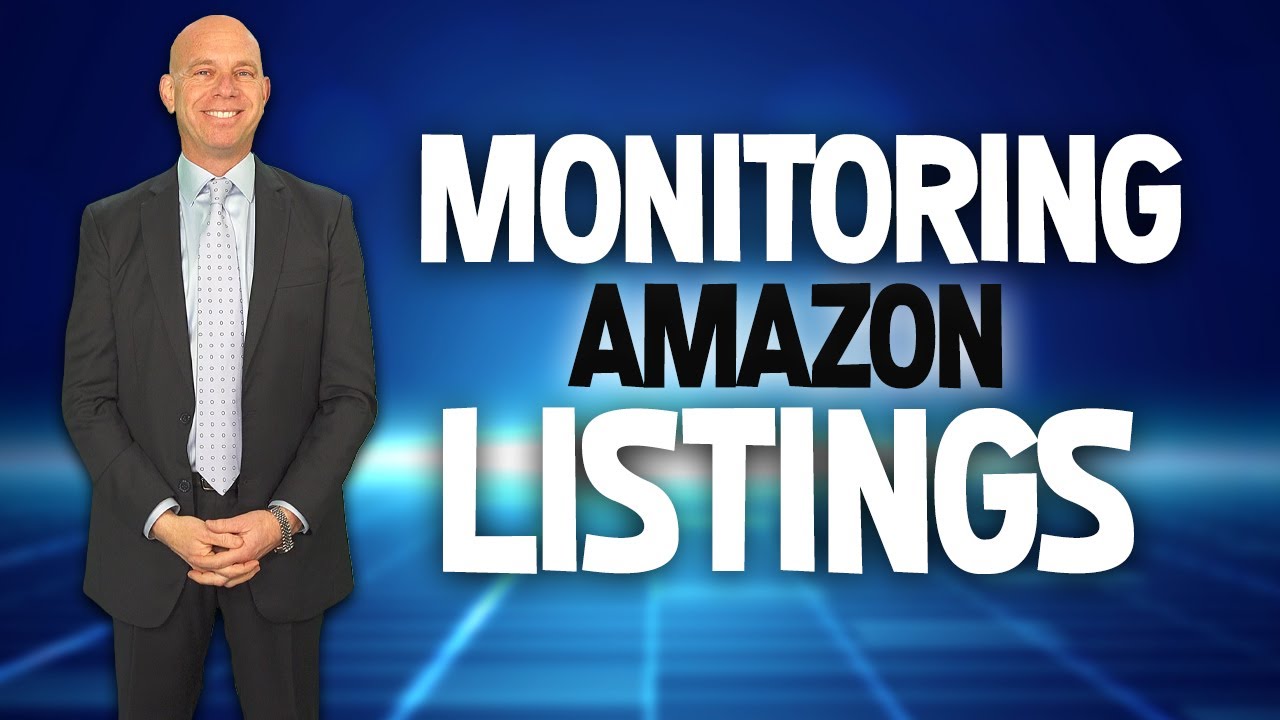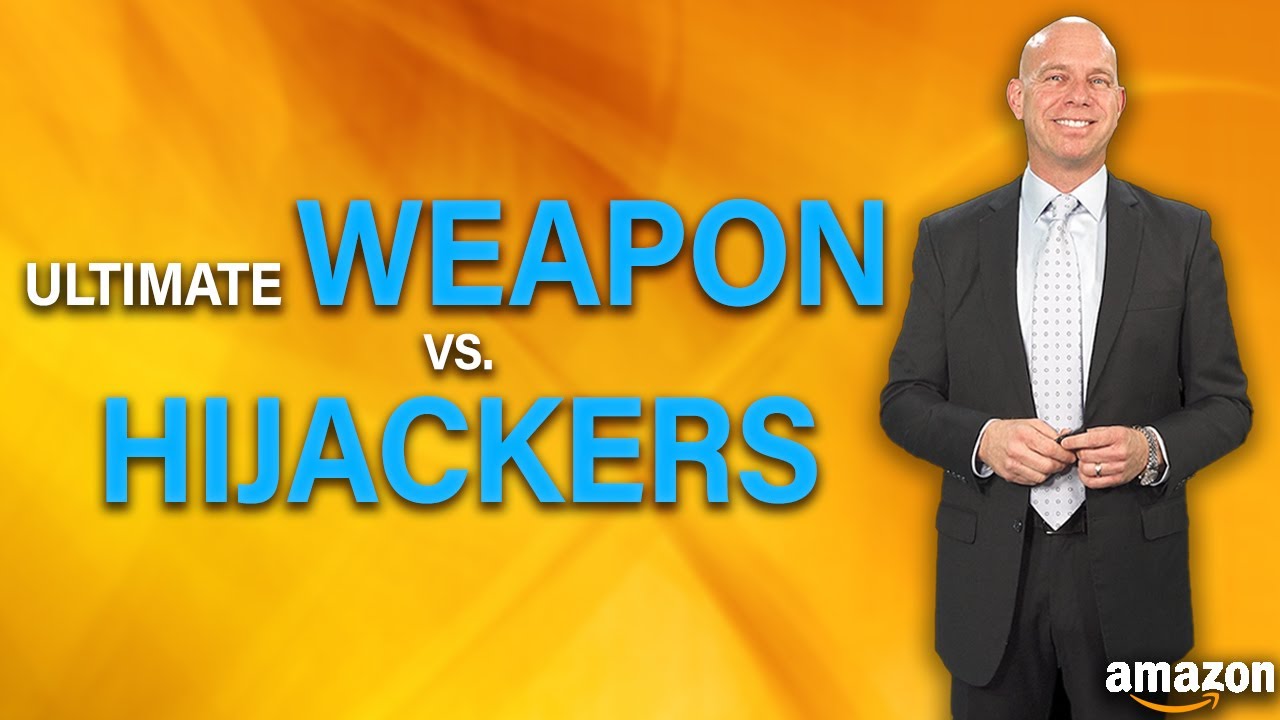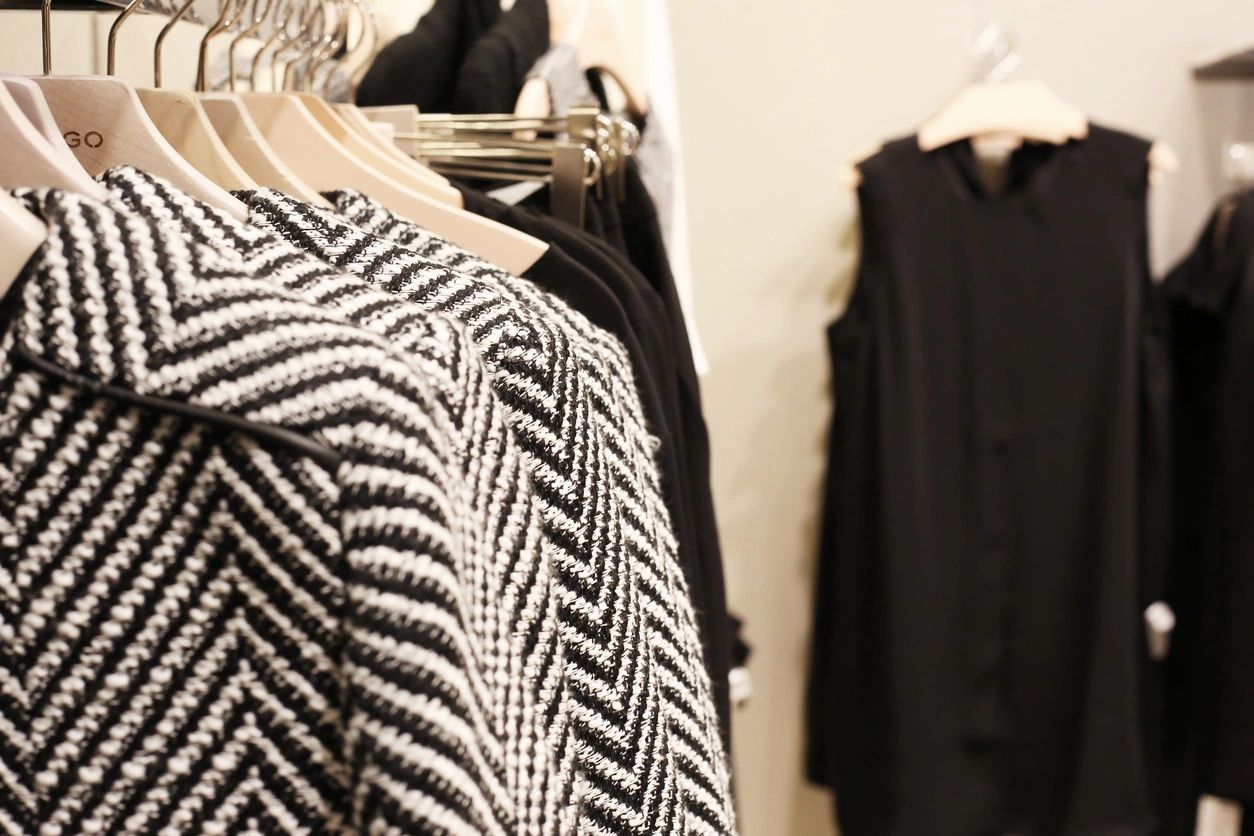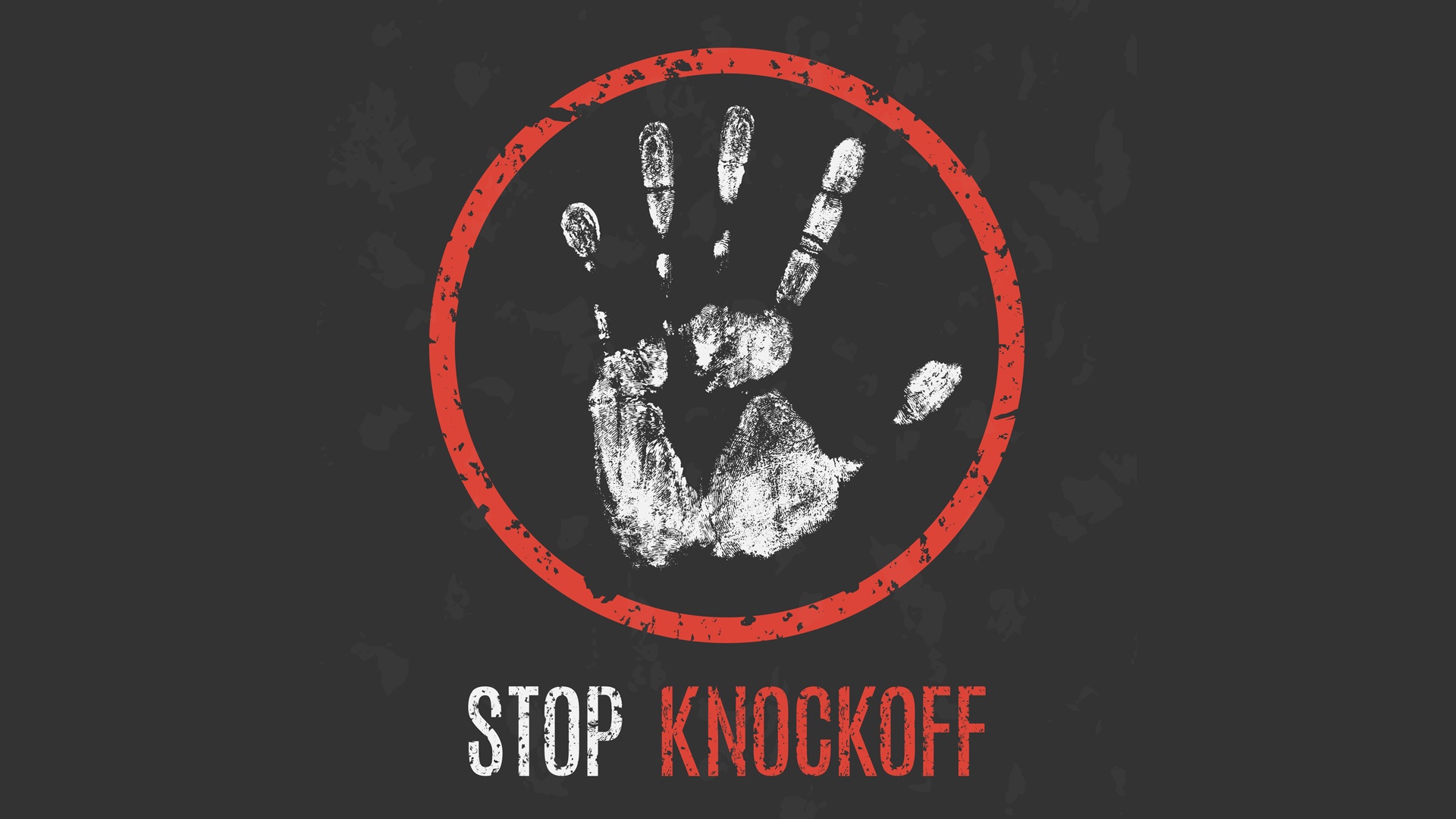
Protecting Band Merchandise Counterfeit Problems
Rosenbaum Famularo, PC, law firm behind AmazonSellersLawyer.com is now protecting the interests of bands on trademark & intellectual property issues.
With a rise in merchandise counterfeit problems, Rosenbaum Famularo, P.C. aims to tackle them head-on to help bands both big and small to stay alive in a rapidly evolving industry.
The Evolution in Music Marketing
For decades, bands made their living by selling their music to listeners. Records, CDs, and albums of all types flew off the shelves and into people’s homes for public enjoyment. Each record held many songs, representing the artist’s hard work over the years it took to produce the album. Regardless of which songs on the record were considered the big hits of the day, the albums sold as a whole and people had to buy the entire album just to hear a single song they liked.
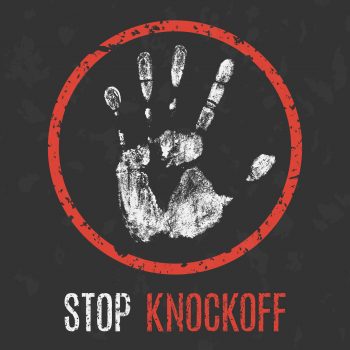 Once the music industry went digital, everything changed.
Once the music industry went digital, everything changed.
Today, people can buy one song at a time rather than purchasing an entire album just to hear one tune. Bands are making significantly less money because people would rather just pick out the songs they like than buy all of a band’s work. When a song can sell for $0.99 rather than $12.99, a huge chunk of money that once went to the musician is no longer flowing into their pockets. That’s not even to speak of music streaming services such as Spotify, which have risen in popularity over the last decade as consumers aim to save money on their music.
Spotify, a legal online streaming service, only provides a small amount of money to artists for the music they create. According to The Verge, artists only make between $0.006 and $0.0084 per stream on average.
The Verge went on to explain how that works out mathematically:
“Here’s what that means for me. My top artist of the year was Built to Spill, whose songs (mostly from There’s Nothing Wrong with Love) I streamed 267 times over the course of 2015. Using the upper limit of Spotify’s estimated payout, that would be 267 x .0084, which means I paid Built to Spill somewhere around $2.24 for an entire year of music. And that $2.24 is distributed among the music’s “rights holders,” which includes labels and publishers. So the band is getting even less than that.”
$2.24 is more than the $0.99 one might pay for a single song on iTunes, but is nowhere near the kind of cash that bands used to make by selling albums.
It’s rare that someone would listen to a song over 250 times after purchasing it in the first place, especially when most consumers only enjoy a handful of songs from a particular album enough to listen to it that many times. Musicians are making pennies on the dollar for what used to account for their biggest cash flow.
Today, artists big and small make their money through a couple of different avenues. For starters, musicians still make a lot of money performing live shows. Even with the digital era we live in, seeing a band perform in person is still something many seek to do. However, bands can only go on tour a finite number of times over the course of their careers. While on tour, bands only have a certain number of times they can perform. And over time, artists grow exhausted from the mental and physical strain of touring. Many retire from touring fairly early in their music-making career, which prevents them from one of their biggest streams of revenue.
Another way in which bands make a lot of their living is through merchandise. Musicians sell all sorts of products with their name, logo, and likeness attached. Items such as t-shirts, posters, apparel, artwork, lighters, guitar picks, you name it with the band’s name attached help bands make their living.
A very common place for bands to sell their merchandise is at these live performances. But even more merchandise is sold online through websites such as eBay and Amazon. Online retail has taken a steep increase in percentage of total sales around the world over the past couple of decades. With it, bands also now rely more on the online marketplace to allow them to stay in business and continue to create music for the public.
Intellectual Property Concerns
Not all products with a band’s name or logo attached to it are properly licensed by the artist.
Illegal and unlicensed merchandise runs amok, and it’s not always easy to pick out which is real and which isn’t. Third-party groups who don’t share any of their profits with the people whose names helped them make their money create thousands of products on Amazon, eBay, and other websites. These sellers are called counterfeiters, and they threaten to destroy the music industry.
This is a major issue in a time when merchandise sales account for even more of a performer’s income than it has in previous years.
Dave Harrison,
CEO of Heavy Metal Merchant, an online music merchandise company specializing in heavy metal artists, notes that for his particular genre, merchandise is more important than one might realize:
“We have served hundreds of thousands of happy customers over the last decade providing them with official merch from the heavy metal bands they love,” Harrison says. “Merch has always been a crucial part of revenue for this particular sector.”
It’s not just heavy metal bands that are having trouble with the rise in counterfeiters online. Artists of all types have experienced an increase in illegal merchandise. SavingCountryMusic.com noted in 2016 that counterfeiters all around the globe were targeting country artists as well.
Counterfeiters have become especially brazen lately, exploiting the fact that many independent and traditional country artists have rabid fans bases. Just in the last couple of weeks, Whitey Morgan and Wheeler Walker Jr. have been the victims of counterfeiters.
“Don’t buy sh#t like this,” Whitey’s peeps said Thursday evening (12-22) accompanied by a picture of a T-shirt seller called “Tshirt Amazing” peddling unauthorized Whitey Morgan merch. “Facebook will censor, delete, and suppress opinions they don’t agree with, then take money to advertise fake ripoff unauthorized merch. Buy merch from the artist Whitey Morgan and the 78’s, not ripoff Facebook ads.”
The website later went on to ask all consumers to only buy merchandise directly from artists and not from third party sellers. But for third party sellers on Amazon and eBay who have been selling such merchandise legally and whose livelihoods rely on their ability to sell products online, such actions could hurt their profits even though they’re partaking in moral marketplace behavior. Refusing to buy from third party sellers would create a new problem, and instead the solution should be to come after the sellers who are marketing unlicensed products.
Protecting Band Merchandise
In Harrison’s mind, there have always been trademark issues when it comes to bands and their merchandise. Harrison sees a lack of knowledge in the area as being a primary reason for the need to increase awareness and action.
“Even to this day, education in this area is needed for bands,” Harrison says. “It is becoming increasingly important with the rise of marketplaces dominating the online retail landscape. It is also important that the awareness is there and that they can do something about this in the same way as other industries of consumer product and protecting their intellectual copyright.”
Believe it or not, not all bands are aware of the number of counterfeit products sold online with their logo or likeness attached to it. Some bands simply might not have the time to go searching for all of the material and forming a legal case on their own. Others sell so much merchandise that it can be difficult to keep track of what’s real and what isn’t, especially when some counterfeiters have become so adept at creating products that look legitimate.
Newer artists especially don’t have the resources it takes to monitor their merchandise sales on the online marketplace. Music Think Tank says this makes these musicians particularly vulnerable to having money essentially stolen from them.
By limiting the bulk of merchandise sales to live concerts, the counterfeiters meet the external demand with fake products on places like Amazon. It is the new breakout artists, Indies, DJs and Rap/Hip-Hip artists that get hit the hardest. For up and coming artists, merchandise is not even on their radar, and the Indies don’t have the bandwidth to keep an eye on everything. On the other hand, DJs and Rap artists frequently do not incorporate merchandise into their business, so when a new song hits the charts from one of these artists, the trolls are watching and waiting to fill the demand with counterfeit merchandise.
Online retail has risen over the last couple of decades, and that also causes a rise in the volume of illegally sold or unlicensed retail. Harrison notes that much of the illegal merchandise is sold through online sellers based out of Southeast Asia, but it’s a problem virtually everywhere.
If you do a simple Amazon search on a band’s name, you’re likely to find hundreds of different types of products associated with that band. Artists have licensed some of those products, but not all of them. It’s not always easy to tell which is which, either.
“I have seen that if a band has done nothing to have [those items] removed and is not proactive in this endeavor, that it could be as much as 50% illegal products or more at a rough guess,” Harrison said of the number of items on the online marketplace that are not licensed by the bands.
Protecting the Assets of Bands
“I think the importance of the merchandise has become more and more important to the scene since Napster came in about 20 years ago,” says CJ Rosenbaum, CEO of Rosenbaum Famularo, P.C. His law firm has dealt with thousands of legal cases pertaining to the online marketplace. “Once that hit, that was the beginning of the end of making money on music and the beginning of making money on merchandise.”
For many bands, the protection of these assets could not be more important. Due to the decrease in album sales and an increase in the sales of single songs, merchandise is more valuable than it has ever been before. Bands are also losing more of their revenue than ever before by proxy.
To fix this issue, Rosenbaum Famularo, P.C. has decided to start protecting those groups and musicians to ensure that they get the money they’re due.
“Rosenbaum Famularo is now protecting the interest of bands all over the world” announced Rosenbaum. “We’re protecting rock bands, country groups, rap artists, etc. because any time someone else is selling their merchandise, they’re getting screwed. We’re going to come after those counterfeiters. Bands are private label sellers and we’re going to protect their merchandise.”
If a band finds that third party sellers are trying to market that band’s products without their license or consent, Rosenbaum Famularo, P.C. will come after those sellers to get those products off the market.
![]() Rosenbaum and his law firm have spent years protecting Amazon sellers against having their accounts suspended for policy violations and complaints from customers. Rosenbaum Famularo, P.C. has also dealt extensively with intellectual property concerns as they relate to Amazon sellers. Rosenbaum and his firm has experience with many trademark issues in the realm of sales, so the foray into protecting band merchandise counterfeit problems is nothing new to the company.
Rosenbaum and his law firm have spent years protecting Amazon sellers against having their accounts suspended for policy violations and complaints from customers. Rosenbaum Famularo, P.C. has also dealt extensively with intellectual property concerns as they relate to Amazon sellers. Rosenbaum and his firm has experience with many trademark issues in the realm of sales, so the foray into protecting band merchandise counterfeit problems is nothing new to the company.
“We’re the number one law firm around the world in dealing with the good and the bad when it comes to Amazon,” Rosenbaum says. “If you’re selling on Amazon and you’re having problems, we’re the number one firm to help you. If someone else is selling your stuff, we’re the number one firm to help you.”
As Rosenbaum explained earlier, bands are private label sellers just like many Amazon sellers are. The firm’s success in that field should translate easily into dealing with bands and their intellectual property concerns. Many bands have already signed on with Rosenbaum Famularo, P.C. with cases of trademark issues and having merchandise sold with their name on it without their permission.
What Comes Next?
If bands do nothing to change the online marketplace climate, the issue could get worse. Many consumers might not care about whether the items they’re buying are licensed or not, as long as they get the product they’re looking for at a price they’re willing to pay. Bands need to start being proactive in this sector to prevent money from slipping out of their wallets.
“I definitely see a rise in this problem, especially with all of the hundreds of millions of Amazon Prime members and the massive reach these marketplaces now have connecting sellers and buyers from all areas of the globe,” Harrison says. “Bands and rights holder representatives should at least have someone assigned to monitor these marketplaces at least once a week as that is the frequency that the new pirated merchandise enters the market and proliferates.”
Rosenbaum Famularo, P.C. is looking to be the place bands go to in order to protect themselves from the nightmare that Harrison outlined: a world where half of a band’s merchandise on the online marketplace is not licensed and is making the artist no money whatsoever. For smaller bands, such a scenario could mean the end of their performing days. Bands and music lovers alike would surely suffer if such a time came to pass.
“The concerns are many in the way it affects the industry, Harrison says. “There is some appeal to the consumer of bootleg merchandise i.e. price and sometimes being able to obtain out of print designs or outrageous crazy artwork that a band would never approve that appears on such merchandise. The negatives that some consumers might not be aware are of are course quality control and misrepresentation of artistic vision of the musician. It rips off the artists of 100% of any income on the sale of these products and lines the pockets of organized criminal gangs, it deprives legitimate retailers of revenue, and provides no contribution to the further development of the artist or music industry and its tax paying employees.”
A change is inevitable in the industry. Either musicians must decide to invest more time and money into protecting their assets, or such artists flounder and cease to create music for the public to enjoy.
For smaller bands and artists who can’t afford to closely monitor all of their merchandise, it’s especially important that this issue becomes more publicized in the industry. If counterfeiters are put on high alert or have their accounts suspended on various marketplace platforms, they won’t be able to victimize hundreds of other artists. Counterfeiters are likely illegally selling merchandise of multiple bands rather than just one, so artists can save other bands by coming after these sellers as well.
Rosenbaum Famularo, P.C. is aiming to help drive this change in the music industry and to foster a positive online environment where consumers and sellers alike can interact without fear. It’s time to hold merchants accountable for their products.
“Merch, especially for developing acts, mid-level artists and below, can be the difference of viability of the bands being able to tour, stay on the road and keep making, recording and performing the music that we all derive enjoyment from,” Harrison says. “So with these continual threats it is becoming increasingly important. Currently there is not much vetting in the seller registration process on these platforms that would force that they are using legitimate supply chains so the onus really is on the rights owner and bands to take action.”


